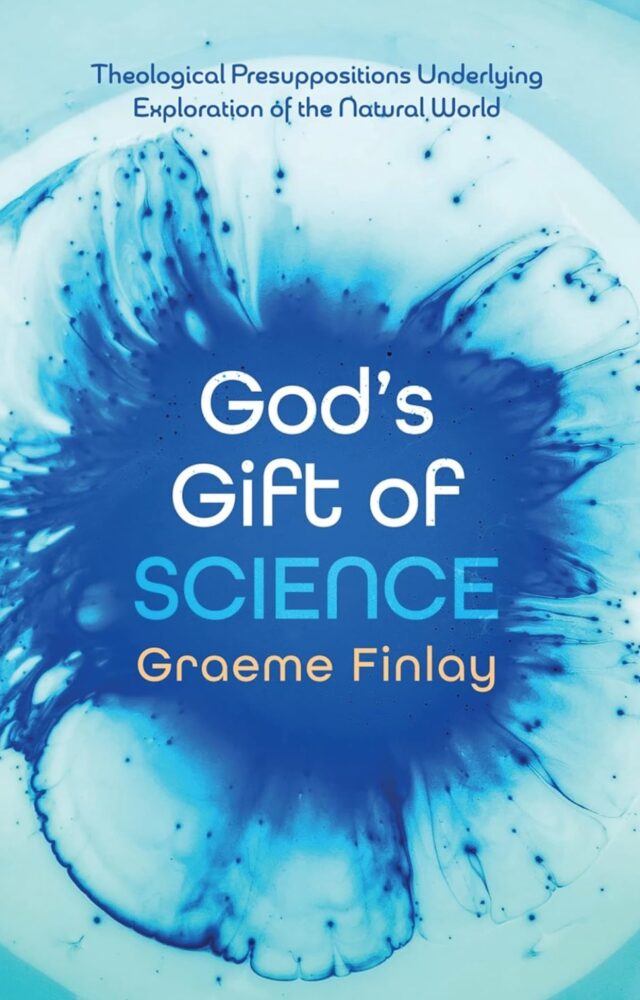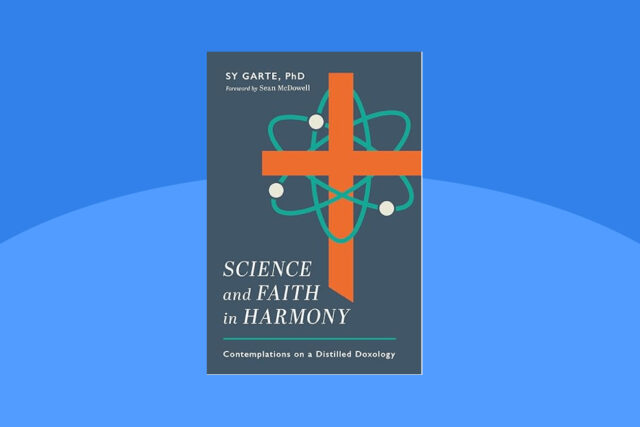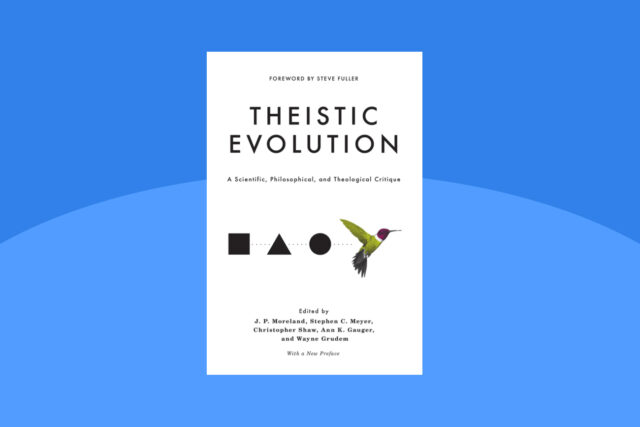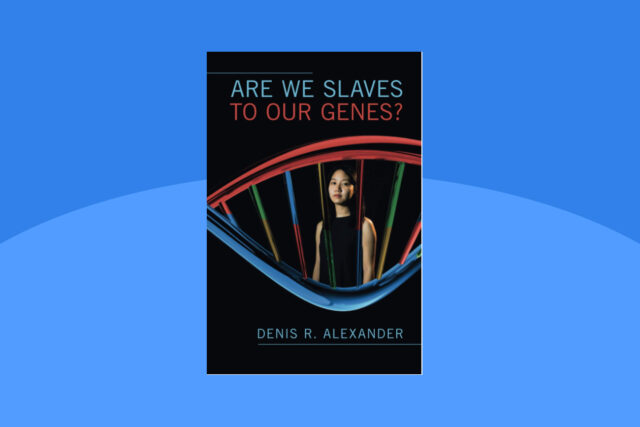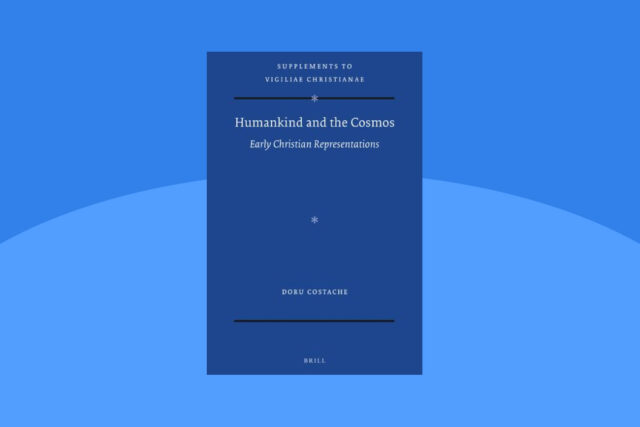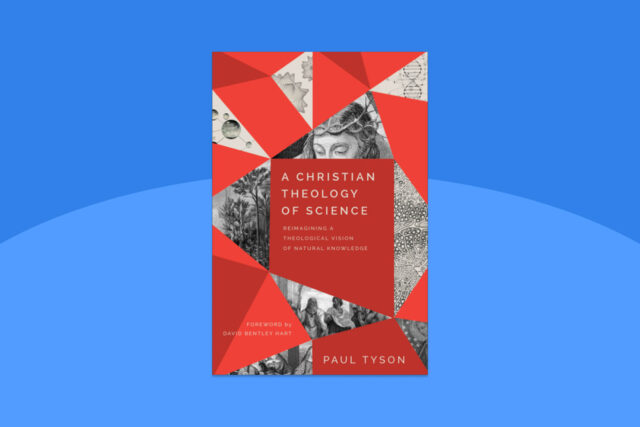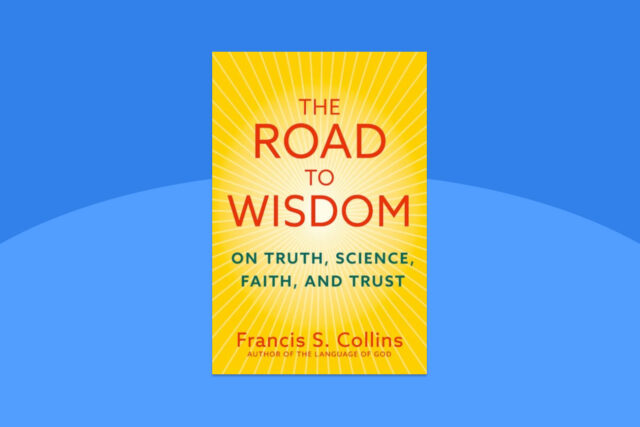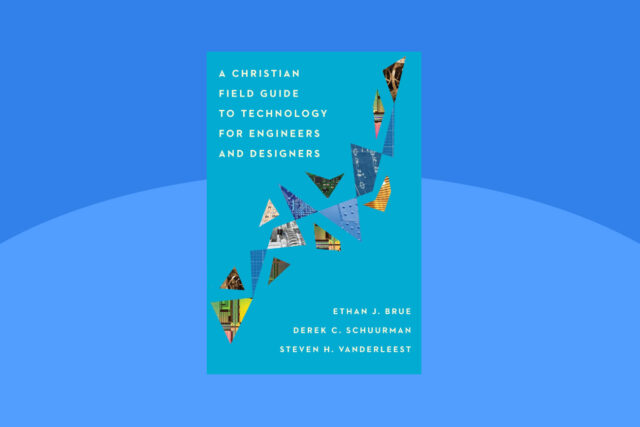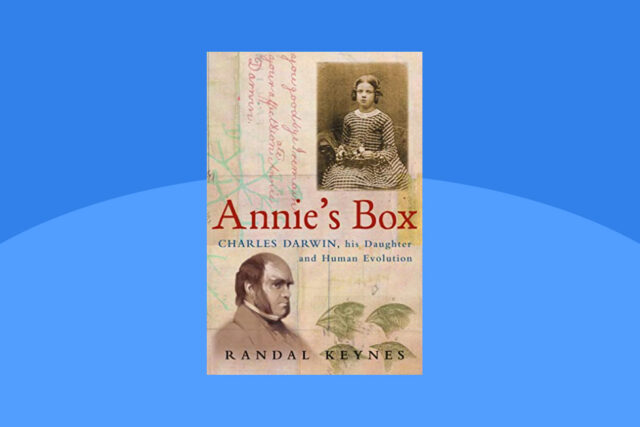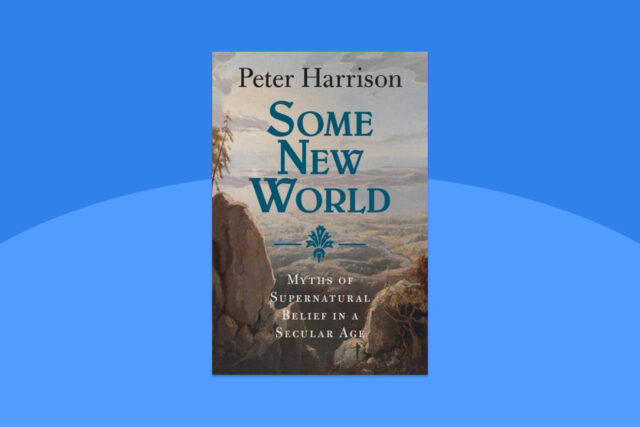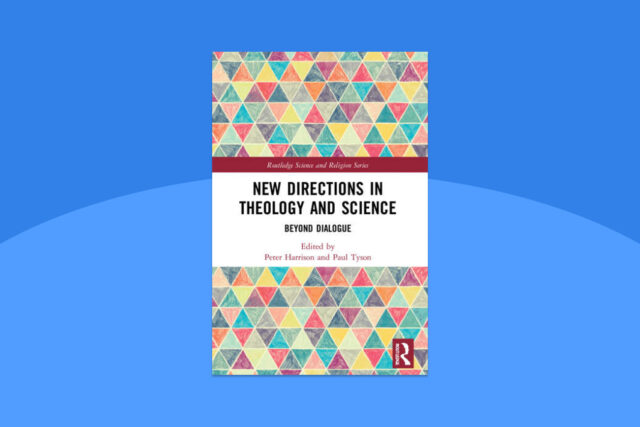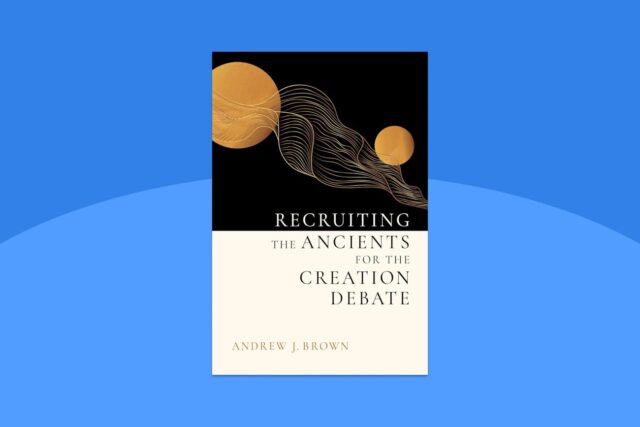

A worthwhile read for those interested in forming a grass-roots level of how the Christian worldview can be used to underpin scientific pursuits, writes Dr Edwin El-Mahassni.
Do you wish to learn more about the interaction between science and our Christian faith but find the written resources too academic? In this book review, ISCAST fellow Dr Edwin El-Mahassni introduces us to a book that makes that conversation much more accessible.
The author of God’s Gift of Science, Dr Graeme Finlay, is a cancer researcher and teaches scientific pathology at the University of Auckland. The book is written for the general public although some knowledge of science and theology on the part of the reader would be helpful. Finlay’s style is engaging, and the book’s content is complemented by contemporary sources to back the arguments. The book gets neither bogged down in specific scientific theories nor does it delve into deep theology as it makes a case for how the axioms or presuppositions of science are perfectly reasonable under a Christian worldview. Those wishing to learn more about the interaction between science and theology would benefit greatly from reading the book.
In Chapter 1, Finlay goes into some detail to prove that science is not sufficient to serve as a foundational basis for the nurturing of propositions regarding reality (p. 19). He notes that science cannot deny the importance of aesthetics, ethics, purpose, and so on, and yet it cannot account for these qualities. He discusses the roots of what is now called the philosophy of science and takes the reader through a quick tour of science in Ancient Greece and the Medieval period, all the way to the present day. The author makes the point that modern science and a biblical worldview go hand-in-hand, unlike the discordancy found in other cultures present and past (p. 21).
Chapter 2 focuses on making a case for a divine creator as the agent of the world’s existence. Plenty could be written to note why creation needs a monotheistic divine creator. But, if that were the only key area of discussion, then there would be nothing separating Christianity and many other religions like Islam and even Judaism itself. However, Finlay makes the point that we not only read in the Bible that God is divine and almighty, but that God speaks and reveals himself to humanity and redeems his people. This reminds us of the importance of listening to God, of being receptive to him—a receptivity that can occur and can be fruitful even within scientific endeavours.
Chapter 3 continues the theme of a personal God. This time, however, the focus is on God’s creation, the idea of humanity, and how these connect with science. Again, Finlay contrasts the thoughts of Ancient Greece and Judaism with the emphasis in Christianity on God creating us in his image. Finlay then delves into slavery and its abolition as a precursor to, and in contrast to, advances in medicine, literacy, and the institution of universities in the West. It would have been useful to compare this to the Golden Age of Islam, but this is probably outside the scope of the book. The author finishes the chapter by discussing objectivity, human limitations, and the link to the pursuit of truth—truth which presents itself through scientific pursuits.
Chapter 4 is provocatively titled “The Death of Science.” This title comes out of the argument in the book that “science operates on presuppositions stemming from the nature of God”—yet there has been a loss of Christian influence within science in recent times (p. 57). The chapter aims to carefully place boundaries around what science is and what it is not. For instance, it argues that the ancient practices of Indigenous cultures cannot be considered “science” but rather “accumulated cultural wisdom” (p. 62) because those cultures did not seek to understand the universe but simply live with it. Whilst this may be true in some sense, there certainly were ancient civilisations that sought, through poly- or monotheistic religions, to obtain meaning from the natural world. The chapter then proceeds to list some of the statements by prominent atheistic scientists who veer outside their field of expertise and ascribe meaning to various parts of creation.
Chapter 5 compares some of the extraordinary claims that can be found in the Bible, such as the need to be like a child to enter the Kingdom of God, or the equation “happy are the poor” (p. 71), with the incredible breakthroughs that sometimes appear out of nowhere in scientific fields such as cosmology, quantum physics, medicine, and biology. Finlay makes the analogy that counter-cultural and counter-intuitive characteristics can be found in both the gospel revelation and science (p. 86). This approach is apt because modern readers might not be aware that some of the most incredible discoveries in science are surprising and unexpected—such as the Copernican revolution.
The final chapter, Chapter 6, differs from all the other chapters. In preceding chapters, Finlay looks back in history, weaving in philosophy, diverse cultures and societies, and key discoveries in science. In contrast, this chapter looks at the current situation. Bringing in specific biblical passages to support humanity’s responsibility for the environment and using mathematical modelling like the global ecological footprint (p. 90), this chapter addresses the issue of justice, where the notion of justice lies within the intersection of science and human living. A clear example of this link between the science of the environment and justice for humanity, is the case where companies negligently release toxins into river systems—damaging the environment and unjustly damaging the livelihoods of communities downstream.
Overall, the book is a valuable introductory text to support the value of natural science and the pursuit of science within Christian theological presuppositions. By continuously interweaving biblical claims with scientific discoveries, both past and present, the author makes a fine case for how axioms of science are perfectly reasonable when considered from a Christian worldview. Whilst an interest in science before reading this book would be beneficial, it is certainly not a requirement. However, a comparison with other monotheistic religions would have been interesting. Also, in Chapter 6, the more mathematical focus and the discussion of justice and democracy seem to be a little out of place compared to the other chapters. But, as noted, it is a worthwhile read for those interested in forming a grass-roots level, yet still comprehensive understanding, of how the Christian worldview can be used to underpin or buttress scientific pursuits.
God’s Gift of Science is available from Koorong for AUD$39.99.
More on the dialogue between science and Christianity can be found at ISCAST.
